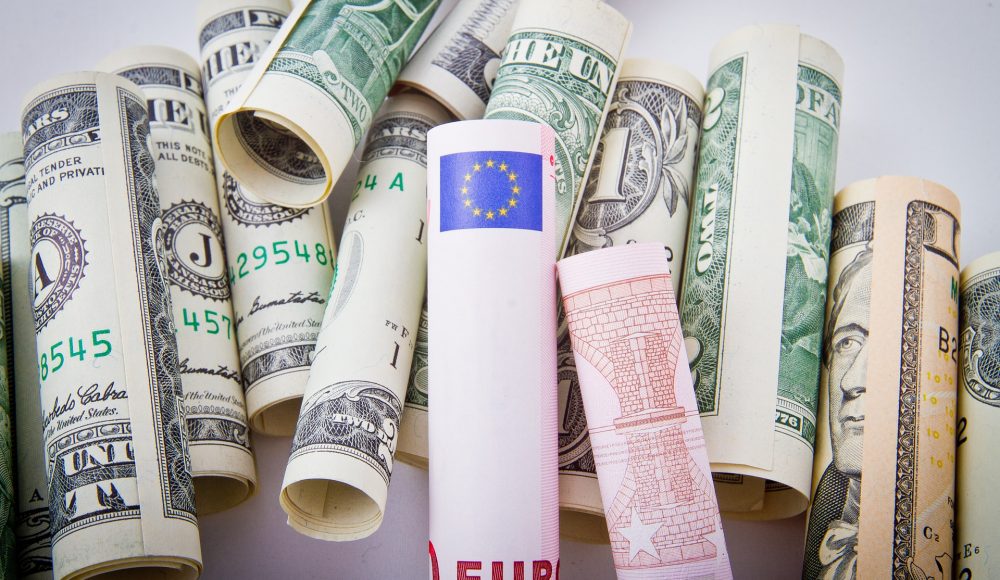Argentina Ready for Foreign Investment: Infrastructure, Agribusiness and Renewable Energy
24th July 2017

Argentina’s political and economic landscape is just now starting to thaw from the stranglehold imposed by the policies of its former populist government led by Cristina Fernandez and her husband and predecessor Nestor Kirchner. The regulatory and tax-heavy landscape did Argentina no favors when it came to building infrastructure, encouraging imports and exports, fueling innovation and attracting foreign investments. The new guard, in the form of President Mauricio Macri, has moved quickly to right those wrongs by eliminating financial and regularly barriers on imports and exports, managing the value of the currency and creating an environment that is pro-investment for infrastructure and public works. Most analysts agree that Argentina is now poised for growth in a way that will be attracting foreign investment, especially in the key sectors of infrastructure, agribusiness and renewable energy.
Infrastructure Investment in Argentina
After receiving very little by the way of investments or improvements under the last decade of government leadership, Argentina’s infrastructure is in need of maintenance and expansion. Areas of focus for the new government include airports, roads, trains, ports, gas lines and sanitation. In fact, the president has declared intentions to pour over $26 billion throughout the next four years into infrastructure projects, with the majority of that work being done via the private sector. Argentina’s Interior Minister Rogelio Frigerio expects public works to increase dramatically in 2017.
Argentina Agribusiness Sector
The 8th largest country in the world with a makeup of over 50% of its land earmarked for agriculture use, Argentina stands ready to be a major player in the agribusiness sector. Within a few days of assuming his role as president, Macri eliminated export taxes on several important agricultural products, signaling his intent to get Argentina back into the agribusiness game. Rabobank’s Argentina Agribusiness Outlook 2025 projects a rise in the following agribusiness exports:
-
Grains & oilseeds – expected 40% increase by 2025
-
Beef – anticipated four-fold increase from 2015 to 2025
-
Dairy – expected increase in domestic demand with an uptick of 15% by 2025
Renewable Energy in Argentina
With a goal to supply 8% of its power from renewables by 2017 and 20% by 2025, Argentina has set an admirable target for decreasing its reliance on fossil fuels. The first tender for the creation of 1,000MW of wind and solar power was held in Q4 2016. The project reportedly received 123 project bids with 17 being awarded.
Cornfield & Partners can help you look into Argentina’s key investment sectors of agribusiness, infrastructure and renewable energy to increase international customers. For reliable research into market opportunities, contact info@cornfieldpartners.com or call us on +44 (0) 20 7692 0873
